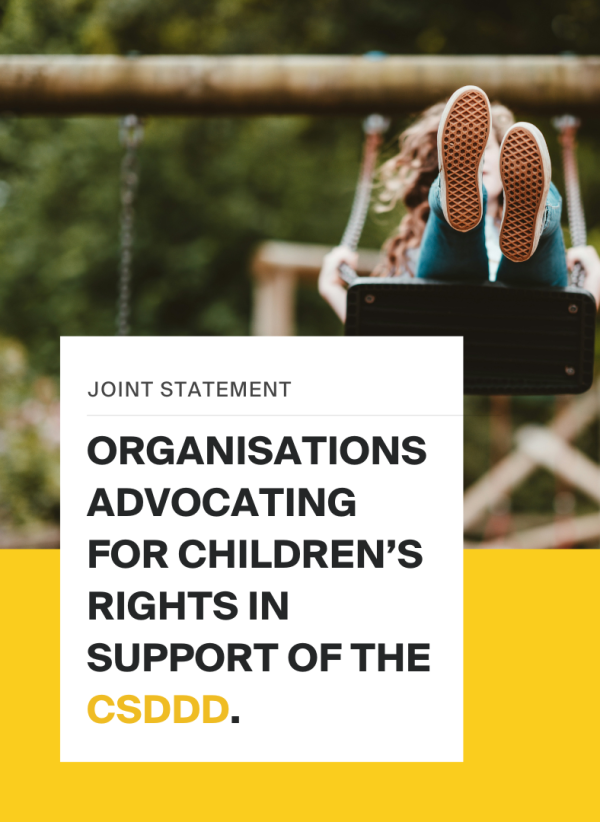This website uses cookies so that we can provide you with the best user experience possible. Cookie information is stored in your browser and performs functions such as recognising you when you return to our website and helping our team to understand which sections of the website you find most interesting and useful.

The European Commission proposes that consumers should be able to take class actions in future, in the wake of the Dieselgate scandal. But it has forgotten other victims of corporate harm.
A fire in a textile factory in Pakistan killed over 260 workers on 11 September 2012. The workers were producing directly for the German clothes retailer KiK! (“Kunde ist König!” or Consumer is King!) in a building without fire alarms, emergency exits, or fire extinguishers. Of the roughly four hundred relatives and injured survivors, only four were able to afford to bring claims for compensation against the clothes brand in Germany, financed by German NGOs. These four separate claims all argue the same thing: the brand broke its duty to ensure the factory had fire safety measures in place. In August 2016, German judges accepted jurisdiction over the cases and granted the four individuals legal aid.
Now, at the end of 2017, the roughly 400 remaining survivors and relatives are time-barred from bringing more cases, as they were unable to raise the necessary funds in time.
Collective redress (also known as “class action”) is a procedure allowing many individuals to bring their judicial claims together in a single proceeding against a common defendant. It economises the proceedings for claimants by enabling them to run the one same case for many, at roughly the same financial cost and risk. It economises the functioning of the judiciary, as numerous identical claims are dealt with together, thereby saving the courts time and resources.
Had collective redress been available in Germany, all fire survivors and relatives of the deceased workers could have brought one combined claim against Consumer is King!. However it isn’t, and its availability across EU Member States is a disharmonised patchwork.
Picture credits: Markus Spiske, Unsplash












